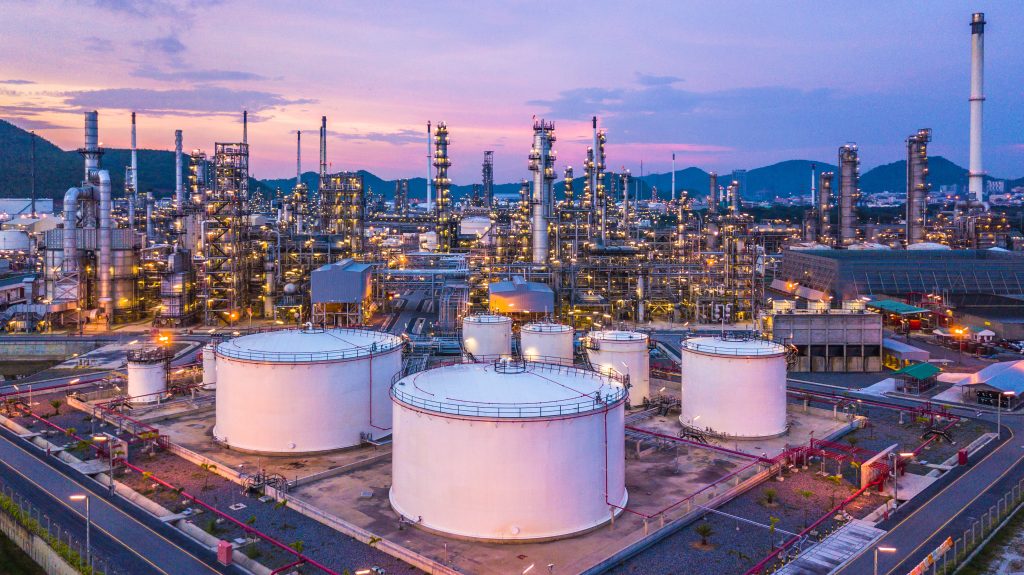In a strategic move to manage the oil market’s balance, Saudi Arabia has increased the cost of its premier crude oil to its Asian clientele for the third month in a row. This decision aims to constrain the market and stave off a potential worldwide surplus.
State-operated Saudi Aramco adjusted the June official selling price for Arab Light crude to Asia, marking it up by 90 cents to reach $2.90 a barrel over the regional Oman-Dubai benchmark. This adjustment surpassed the 60 cents predicted by a survey of refiners. The nation’s pricing strategy also reflected hikes across various grades of oil compared to the previous month.
The price boost underscores Saudi Arabia’s commitment to maintaining a firm market, despite the lessening geopolitical tensions in the Middle East, which have seen oil prices in London decline. Market observers and analysts anticipate that the Organization of the Petroleum Exporting Countries (OPEC) and their allies will maintain their production restrictions, possibly extending them until year’s end.
While the threat of conflict between Iran and Israel looms, the oil market outlook is overshadowed by concerns about China’s economic health and plentiful crude supplies from non-OPEC nations, including the United States. Additionally, there’s a noticeable slackening in diesel demand, a key indicator of economic health.
Asian refiners, who constitute the largest import market, may find their refining margins squeezed by the unexpected price hike. In South Korea, the profit dip from diesel production has already instigated moderate operational cutbacks among refiners.
European customers faced significant pricing escalations for June deliveries, while prices for the US market remained comparatively stable.
According to data, OPEC’s oil output decreased slightly in April, with production sitting at around 26.81 million barrels a day. Consequently, the production cuts agreed upon by OPEC and its partners at the year’s start to prevent an excess have not been fully realized. Notably, Iraq and the United Arab Emirates are producing several hundred thousand barrels a day beyond their agreed-upon quotas.
